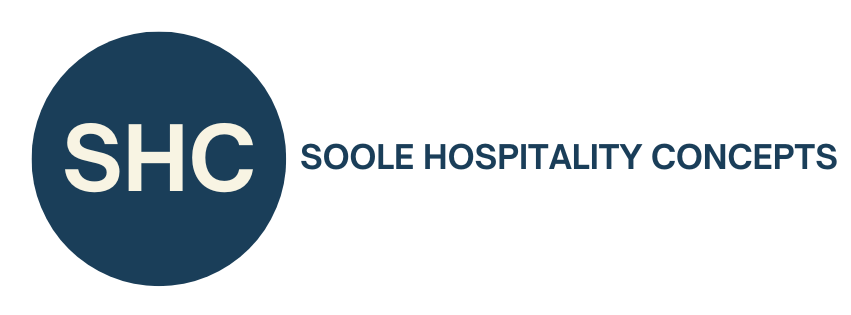Geoffrey Toffetti on Turning Frontline Staff into Revenue Drivers
In this episode of the Post Shift Podcast, I had a powerful conversation with Geoffrey Toffetti, the CEO of Frontline Performance Group (FPG). Geoffrey brings over two decades of experience in hospitality and workforce strategy. What he offered in this chat was more than theory—he shared frameworks, cautionary tales, and real strategies for empowering the frontline to become a profit driver rather than a cost center.
The Journey: Valet to Frontline Leader
Geoffrey’s path up the ladder wasn’t straight or privileged. He started in hospitality at the ground level—as a valet, then front desk agent, and eventually into leadership. That time on the floor taught him something many executives lose sight of: you can’t lead a frontline you don’t understand. That empathy grounded his later work when he joined consulting/technology firms and eventually became CEO of FPG.
His move to lead FPG came at a pivotal moment—mid-transition from in-person consulting to a SaaS model—and he embraced the risk. That shift allowed the company to scale, diversify, and remain future-ready even in crisis.
Frontline Culture as a Revenue Engine
One of Geoffrey’s core convictions: your frontline staff should be viewed not just as service deliverers, but as revenue multipliers. That means equipping them with tools, autonomy, and alignment so every interaction is an opportunity—not just a transaction.
He discussed how FPG built IN-Gauge, a data and performance platform, to take decades of frontline best practices and make them actionable at scale. When your teams have real metrics to work with, performance becomes predictable and improvable.
Blended Workforces: Power & Pitfalls
We drilled into one of the most relevant trends today—blended workforces (a mix of internal staff + contractors + external vendors). Geoffrey was candid: when done right, it gives you scalability, flexibility, and cost control. But when done wrong? Misalignment, confusion, and fractured culture.
Some critical risks he highlighted:
External teams must be embedded into core culture—not operating in silos
Clarity of deliverables, roles, and communication is non-negotiable
Leadership must manage perception—vendors are collaborators, not threats
Messaging matters: if your internal team misinterprets vendor involvement, friction will torpedo your best intentions.
He also pointed to the advantage of “land and expand” approaches—start in one unit, deliver, prove value, then grow organically. Build trust first, scale later.
Tech, AI & Frontline Future
Geoffrey’s view is that the frontline doesn’t clash with tech—it thrives with it when applied wisely. He spoke about using analytics and AI not to replace the human touch, but to elevate it: auto insights, decision support, predictive coaching. The key is to keep humans in control, not the other way around.
He sees a future where operators combine human intuition + data feedback loops + adaptive learning systems to raise performance continuously.
Leadership, Trust & Messaging
We also talked about leadership dynamics in high-stakes environments. Geoffrey emphasized transparency and strong internal messaging. When vendors or external partners are brought in, teams must understand purpose, scope, and mutual benefit. Without that, trust erodes fast.
He noted how executive alignment—especially around culture, goals, and communication—makes or breaks initiatives. Leaders must craft the narrative, set expectations, and remediate fear before execution.
Why This Episode Matters
If you lead operations, manage hospitality teams, or oversee growth in service environments, this episode is full of practical wisdom:
Grounded strategy on scaling frontline excellence
Smart implementation of blended teams
The role of tech + data in human performance
Leadership moves that build culture, not fracture it
